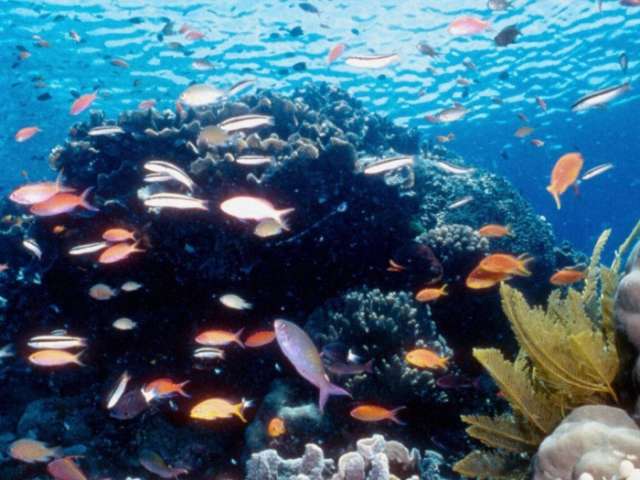More than a million larvae were produced in a mass spawning last November, then developed, with more than 100 surviving and growing successfully on settlement tiles on the reef.
The project’s lead, Professor Peter Harrison of Southern Cross University in New South Wales, told Australian media it was an “exciting” development.
“The success of this new research not only applies to the Great Barrier Reef, but has potential global significance.
“The results are very promising and our work shows that adding higher densities of coral larvae leads to higher numbers of successful coral recruits.
“It may be one of the answers to some of the problems in the Great Barrier Reef. It’s a glimmer of hope.”
The Australian Government is injecting funding to focus on better collection techniques and to expand the project.
Located off the Queensland Coast, the Great Barrier Reef is the world’s largest coral reef system, made up of almost 3,000 individual reefs and 900 islands.
Climate change and consequential sea temperature rises are believed to have led to widespread coral “bleaching” - with the reef also under threat from pollution.
Bleaching is not always fatal for coral but a study last year found the “largest die-off of corals ever recorded” with about 67 per cent of shallow water coral found dead in a survey of a 700km stretch.
Unesco has resisted calls to return the reef to its “endangered” list, although it has expressed “serious concerns” and urged the Australian government to improve water quality.
The Great Barrier Reef Foundation managing director, Anna Marsden, said the research is valuable but does not lessen the urgent action needed to combat climate change.
“There is much more to be done, but this is definitely a great leap forward for the reef, and for the restoration and repair of reefs worldwide,” she said.
“It’s time to be bold and take some calculated risks because that’s the way we’ll make a change in how we can help restore our coral reefs.”
More about: #GreatBarrierReef #science
















































